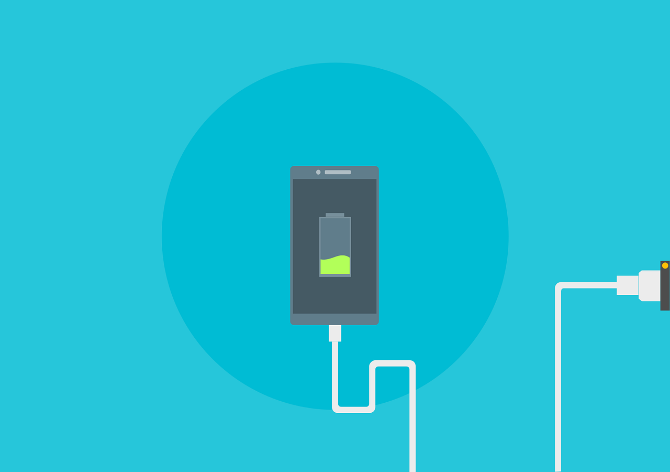After switching from nickel batteries to lithium batteries on smartphones, we refer to why Android phones do not need calibration.
Smartphone manufacturers are currently recommending that you calibrate the battery of phones at least once in 1-3 months. But as we are about to mention, this is nothing but a placebo effect that they want to keep you alive.
What is battery calibration?

Each battery contains a smart chip within itself. This chip sends a signal that informs the battery of how much it can stand at that moment and the fullness of the battery. You will see how much charge is left on the screen with this signal. This battery that stores energy over time starts to fail to transmit the correct signal and can not calculate it properly. At this stage, the battery calibration is activated. It ensures that the signals are transmitted more accurately.
Well, Why Doesn’t It Work?

First of all, in the case of new generation lithium batteries, the charging cycle is not reduced by the charging of the phone, but it is missing over the charging unit. Let’s give an example; Let’s say your phone charge is around 40%. If the charge of this phone drops to 0%, it will not take one unit of its life. That is charged and rethought to 40% and a unit is dropped. In this sense, there is no use in continuously resetting the phone’s charge.
Another reason is that Android phones are actively transmitting signals and battery statistics. They have methods to read you the proper data. So nowadays, Android phones are doing what you’re trying to do by hand on a regular basis.
If you want to confuse the placebo effect, of course the choice is yours; But at the point where Android phones come today, there’s no need to take time to reset the phone’s charge, turn it off or reset it.

No Comments!